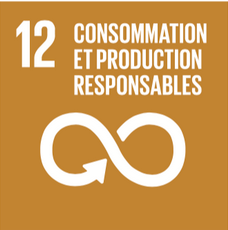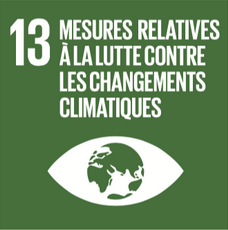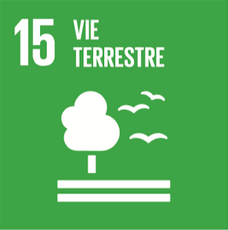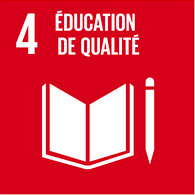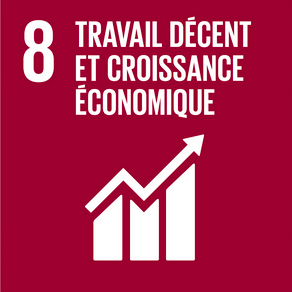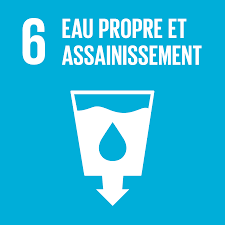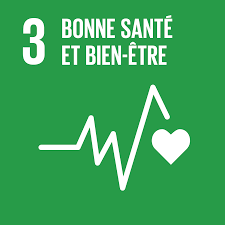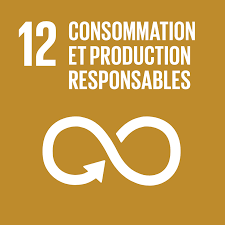The CSR engagements of Ceemo SAS
A lever for economic and social development, Ceemo SAS's CSR approach is oriented towards shared economic growth leading to social progress, by investing in actions targeted at improving the employability of young local graduates through values commitment and responsibility.
Concretely, Ceemo SAS contributes in several ways to the vitality of a shared economy, in particular by participating financially in carrying out research and studies on the exercise of the role and responsibility of Employees in companies, as well as on training projects aimed at adapting the behaviors necessary for the development of local economic entities.
The implementation of Ceemo SAS CSR actions is part of our governance system which takes into account:
- the commitments and orientations of Ceemo SAS in connection with the Sustainable Development Goals (SDGs)
- consistency and relevance with the Objectives of the Senegal Emerging Plan (PSE) and national sectoral strategies linked to Sustainable Development (SNDD)
- the Mission Letter setting out the procedure for supporting CSR actions and projects.
Aligning our travel with the air transport decarbonization strategy
In 2018, commercial aviation represented 2.6% of greenhouse gas emissions worldwide, and, when we include non-CO2 effects, 5.1% of global warming between 2000 and 2018. Fuel combustion alone corresponds to around 1 billion tonnes of CO2 over a year, the equivalent of the emissions of Japan (3rd world power and 5th highest emitting country). For example, a Paris-New York return flight represents 20% of the annual emissions of an average French person. And given the strong growth expected by the sector (around +3%/year at least, according to sector estimates), its share in global emissions can easily increase, and thus weigh even more heavily on global warming.
Extract from an article dated 11/112022 “Received ideas about aviation and the climate” from the carbon4 company
So, we decided to reduce our travel abroad by air by 70%, by creating our subsidiary in Ivory Coast, on the one hand, and by relying on our global network of international support companies. We also suggest that our clients opt for an international strategy which relies mainly on local players, allowing them to carry out their international activities while also limiting their travel.
Alignment of higher education courses
on the needs of the economy
On the higher education side, Emerging Senegal Plan set the establishment of a balance between required skills and available skills for a dynamic and sustainable economy. The aim is in particular to provide businesses with the skills they need and to improve the employability of higher education graduates. Indeed, the diagnosis carried out demonstrated that there is an imbalance and a lack of correlation between the educational mix of higher education and the needs of the economy.
We financed and carried out in collaboration with Father Ibrahima BAO, socio-anthropologist of organizations at Gaston Berger University of Saint-Louis, the first qualitative study on the employability of young higher education graduates in Senegal, with a double objective:
- analyze the employability of higher education graduates in Senegal
- propose training offers with the aim of helping to fill the gap that exists between the skills required by companies and those acquired by students





